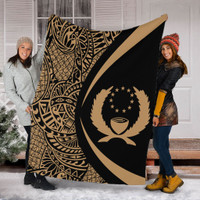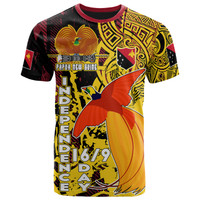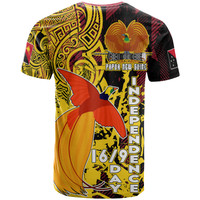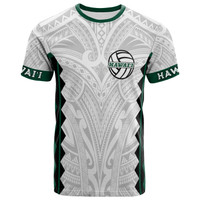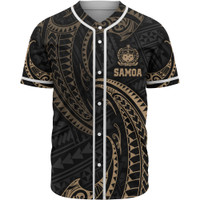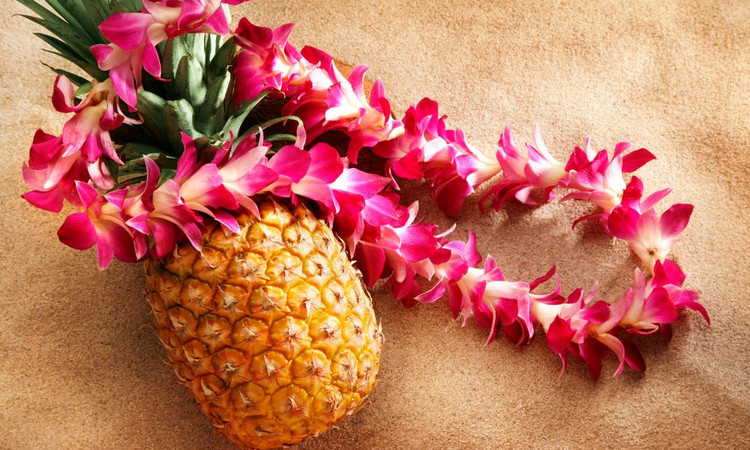20+ Hawaiian Traditions Unique to the Islands' Culture
Posted by Maris on 19th Mar 2024
Hawaiian customs uphold the amazing scenery and kind people of the islands. Hawaiians have several distinctive practices that reflect their sense of connection to the islands, the natural spirits, and all living things.
Many of the distinctive Hawaiian traditions of the islands' culture are a direct result of the ideals held by the original Hawaiians.
Malama Aina

A traditional value for every Hawaiian is malama aina, or taking care of the land. Having lived on the islands for over a thousand years, the Hawaiian people have a unique sense of connection to them. They view it as an immense honor to be excellent land stewards, ensuring that everyone, including future generations, can benefit from the abundance of the islands' natural resources.
'Ohana Hawaiian Family Traditions
Families are highly valued among Hawaiians. In the Hawaiian language, "Ohana" refers to family, but it encompasses more than just biological kin. They are speaking of the Hawaiian community and all of their pals.

Lokomaika'i
Aloha and love are expanded upon by lokomaika'i. It implies treating others kindly and generously at all times.
Ho'ohanohano
To act with distinction, honor, and integrity in everything you do is to practice ho'ohanohano.
The Honorable Ihu
The custom of greeting each other in Hawaii is called honi ihu, or touching of the noses. Breath is considered by native Hawaiians to be the most essential life force, and honi ihu facilitates the sharing of fragrances and breaths as well as a feeling of intimacy in a relationship.
The Hula Kahiko

The complex native Hawaiian dance known as hula kahiko, or "ancient hula," is performed to preserve the myths and stories of the Hawaiian people via gestures and chants. Hula is considered a serious and spiritual activity by native Hawaiians. It entails intense instruction, technical proficiency, and information imparted by a reputable instructor (Kumu), who carries on the expertise of a long line of masters. Hula kahiko has historical roots, yet it is still evolving today.
Hawaiian Chants

Hawaiian mele are unmusical, repeated chanting. They give historical accuracy a lot of weight. The mele oli and mele hula are the two forms of Hawaiian chanting. On ceremonial or ritualistic occasions, the mele oli are chanted without accompaniment. Mele hula chants are occasionally accompanied by music and dancing.

Lomi Lomi
Although lomi lomi is now known as the Hawaiian type of massage, it is truly an ancient healing skill practiced by native Hawaiians that has been passed down through the generations in many different styles. The ceremonial rites and practices of Lomi Lomi include long-lasting fasts, feasts, dancing, sleeping, and praying.
The Paina or Ahaaina

Hawaiian dinner parties are historically termed paina (dinner party) or ahaaina (feast), while the term luau has become popular. Ancestral gods were honored with music, dancing, and food during traditional paina and ahaaina. They were lavish parties that frequently went on for several days.
Ho'opono pono
A century-old, distinctively Hawaiian family custom is ho'opono pono. In the extended family, traditional HoŻopono pono is used to resolve conflicts and bring harmony again. Together with an elder family member or an indigenous Hawaiian healer, the quarreling parties gather for dialogue, prayer, confession, and repentance. It also entails forgiveness and reparation on both sides.
The Hawaiian Lei

A lei is a wreath or garland that honors the aloha spirit and is constructed of flowers, leaves, bird feathers, shells, seeds, hair, or ivory. Hawaiian friendliness, celebration, honor, affection, or greeting is symbolized by the lei. A lei is traditionally wrapped around the neck as opposed to being thrown over the head. Because a person's head and back are sacrosanct, this is done with care.
The Hawaiian Blessing Ceremony
It is traditional for Hawaiians to have a Hawaiian Kahu bless their new residence or place of business. It is predicated on the old Hawaiian notion that bad luck or curses continue to haunt a new location. A Kahu purges the energy, making room for the new tenants to proceed in a tidy manner.
Hawaiian customs and traditions of today
Hawaii of today is a mashup of numerous influences and shared cultures. When discussing the indigenous culture or the native population of Hawaii, it is usual to refer to things exclusively as Hawaiian. Hawaiians who are native-born are called kamaaina, or locals, which means "child of the land." Here are a few regional traditions and customs.
A kiss and a hug

Hawaii customarily extends a warm greeting to friends, family, and strangers with an embrace and peck on the cheek. The traditional Hawaiian honi ihu is where this custom originated.
Flower Tucked Above Ear
A woman is subtly letting people know that she has a significant other if she wears a flower placed above her left ear. Her availability is indicated to others by a flower placed above your right ear.
Throwing a Shaka

The shaka hand gesture, a pinky and thumb salute, has become one of Hawaii's signature gestures, though its origins are unknown. The meaning is understood to be "hang loose" or "right on." This gesture serves as a reminder that worrying or acting hurriedly are not typical in Hawaii.
Don't Take Rocks
The belief that claims those who collect rocks will be cursed is part of the high regard that the Hawaiian society has for rocks. Therefore, avoid taking lava rocks from volcanoes or rocks or sand from the beach.
Take Off Your Shoes
It's customary in Hawaii to take off your shoes when visiting someone's home. This keeps the sand and dirt outside and demonstrates your respect for your hosts.
Bring Presents
When visiting another home, it is usual for Hawaiians to bring food as a gesture of goodwill. Returning gifts from a trip with family and friends is also regarded as a thoughtful gesture. Typically, they are goods—especially food—that are unavailable in the recipient's neighborhood.
Giving a Lei

Hawaiians traditionally present a flower lei on important events like graduations and birthdays. Offering a lei to someone who is celebrating a milestone or being honored is a way to say "aloha" and congrats.
Be Humble
Humility and modesty are highly valued traits among Hawaiians. They should never boast or act arrogantly and conceitedly, but they can be proud of their successes and good deeds.
Make Plate
When attending a potluck luau, it is customary and polite to "make plate" or "take plate." In literal terms, this is to prepare a platter of leftovers and bring it home, even if you're not going to eat it. This Hawaiian custom relates to being a good host by demanding the host take care of all cleanup and not leaving many leftovers.
Reciprocity
The Hawaiian people will reciprocate in kind since they are based on the idea of reciprocity. Hawaiians believe it is excellent upbringing if someone gives them something in return, even money, if someone has given them a present or done something for them without expecting payment. Even though the recipient can decline, it's crucial that the giver made the offer.
The Aloha Spirit of Hawaii
It will be more fun for you to travel to Hawaii if you are aware of the distinctive Hawaiian traditions and customs. With this understanding, you will be able to communicate with locals and native Hawaiians in a way that respects their distinct aloha culture.

